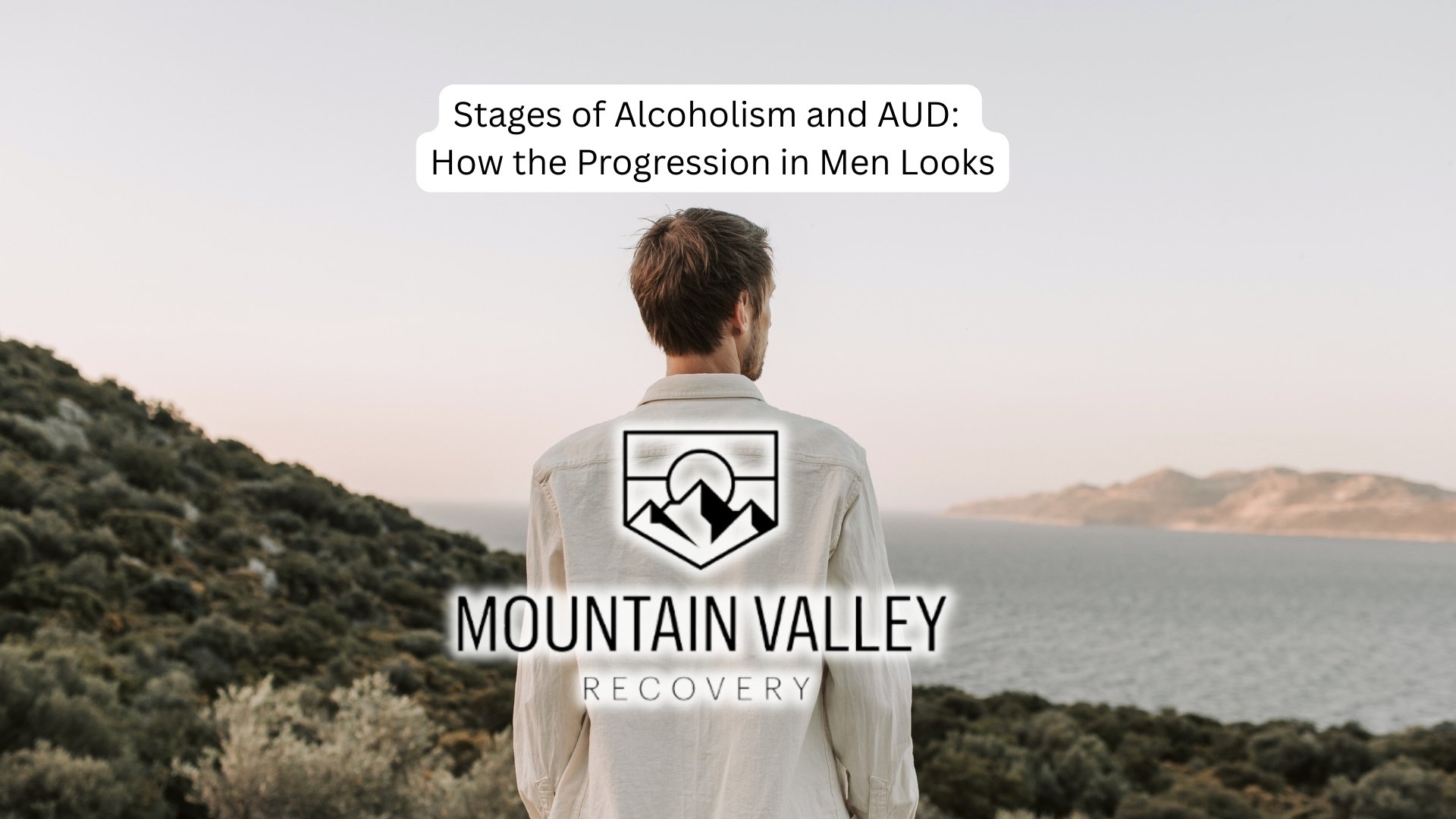The impact of men hiding their emotions is a complex issue with roots in cultural expectations, fear of judgment, and lack of emotional education. This emotional suppression can lead to increased stress, anxiety, and depression, as well as difficulties in forming and maintaining meaningful relationships.
This article will explore the various reasons why men hide their emotions, the psychological and physical consequences of this behavior.
Societal Expectations and Masculinity
Society’s expectations of masculinity play a significant role in men’s emotional suppression. You’re bombarded with messages that reinforce traditional masculinity norms, emphasizing stoicism and discouraging emotional expression. Phrases like “boys don’t cry” and media portrayals of the “strong, silent type” perpetuate the stigma against emotional vulnerability.
You may fear judgment from your peers if you deviate from these rigid gender roles, as the cultural narrative often equates emotional expression with weakness. The pressure to conform to societal expectations can lead to a cycle of emotional isolation.
When you feel compelled to hide your feelings to fit in, you’re more likely to experience mental health issues. Approximately 1 in 8 men struggle with mental health disorders, yet the stigma surrounding emotional vulnerability often discourages you from seeking support.
Emotional Suppression and Coping Mechanisms
When men consistently hide or avoid their emotions due to societal expectations or fear of vulnerability, they may resort to maladaptive coping strategies. These can include substance abuse, as men are more likely to turn to drugs and alcohol as a means of numbing their emotional distress.
Men’s only addiction rehabs play a vital role in helping men reclaim their emotional lives and overcome the destructive cycle of substance abuse.
Emotional suppression can also manifest in increased aggression, anger outbursts, or risk-taking behaviors.
Men who suppress their emotions may also develop workaholic tendencies or engage in escapist behaviors, such as excessive immersion in sports or work, to avoid confronting their feelings.
This pattern of emotional avoidance can hinder the development of healthy coping skills, making it difficult for men to process and manage their emotions effectively. Consequently, they may struggle with stress management, relationship difficulties, and an increased risk of mental health issues such as depression and anxiety.

Aggression as an Outlet
Many men, having been conditioned from a young age to suppress vulnerable feelings like sadness, fear, or insecurity, may resort to expressing anger, as it is often perceived as a more “masculine” emotion.
This emotional suppression can lead to a buildup of unprocessed feelings that eventually manifest as aggressive behaviors. Men who experience difficulties in regulating their emotions are at an increased risk of perpetrating intimate partner violence, as aggression may function as a maladaptive attempt to manage distressing emotions stemming from pressures to conform to masculine ideals.
Some men may unconsciously channel suppressed emotions into aggressive outlets like contact sports or martial arts, which can provide a sanctioned arena for expressing pent-up feelings.
However, when left unchecked, this aggression can escalate into more destructive behaviors, including substance abuse, domestic violence, or other forms of physical and emotional abuse.
Mental Health Consequences
Emotional suppression frequently contributes to higher rates of depression and anxiety in men. When emotions are consistently suppressed, they often grow in intensity over time, leading to an accumulation of internal tension that can be challenging to manage.
This chronic suppression can lead to elevated stress levels, a sense of hopelessness, and a diminished capacity to handle life’s obstacles. According to the American Foundation for Suicide Prevention, in 2022 men died by suicide 3.85 times more often than women.
The constant effort required to maintain a stoic exterior can be mentally draining, potentially resulting in burnout and a decreased overall satisfaction with life.
Compromised Physical Health
When you constantly bottle up your emotions, you’re exposing yourself to chronic stress, which can lead to elevated cortisol levels. This hormone imbalance can weaken your immune system, making you more susceptible to illness and disease.
Men who repress their emotions are at a higher risk for developing heart disease and hypertension.
Men may also experience increased muscle tension and chronic pain as their body holds onto the psychological burden. This can exacerbate existing physical ailments and contribute to the development of new ones.
The stress of suppressed emotions can manifest in gastrointestinal issues, headaches, and other physical symptoms. Substance abuse, a common coping mechanism for men who don’t express their feelings, further compromises physical health.
Final Thoughts from Mountain Valley Recovery
At Mountain Valley Recovery’s long-term residential addiction treatment program for men in Utah, we acknowledge the vital connection between emotional suppression and substance abuse.
By taking part in our men’s only rehab program in Utah, men have the chance to develop healthier coping strategies, enhance their emotional intelligence, and build stronger, more genuine relationships. This journey toward emotional openness and self-awareness is not only crucial for addiction recovery but also for nurturing a more satisfying and balanced life.





